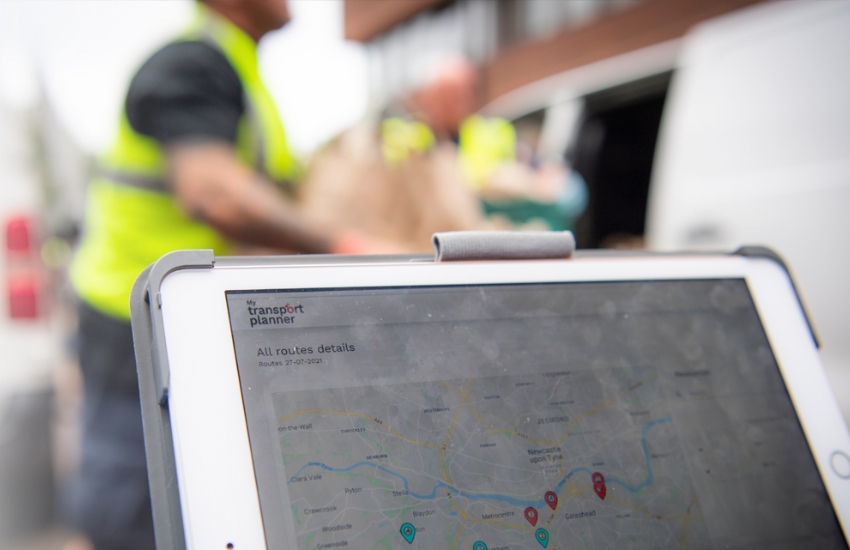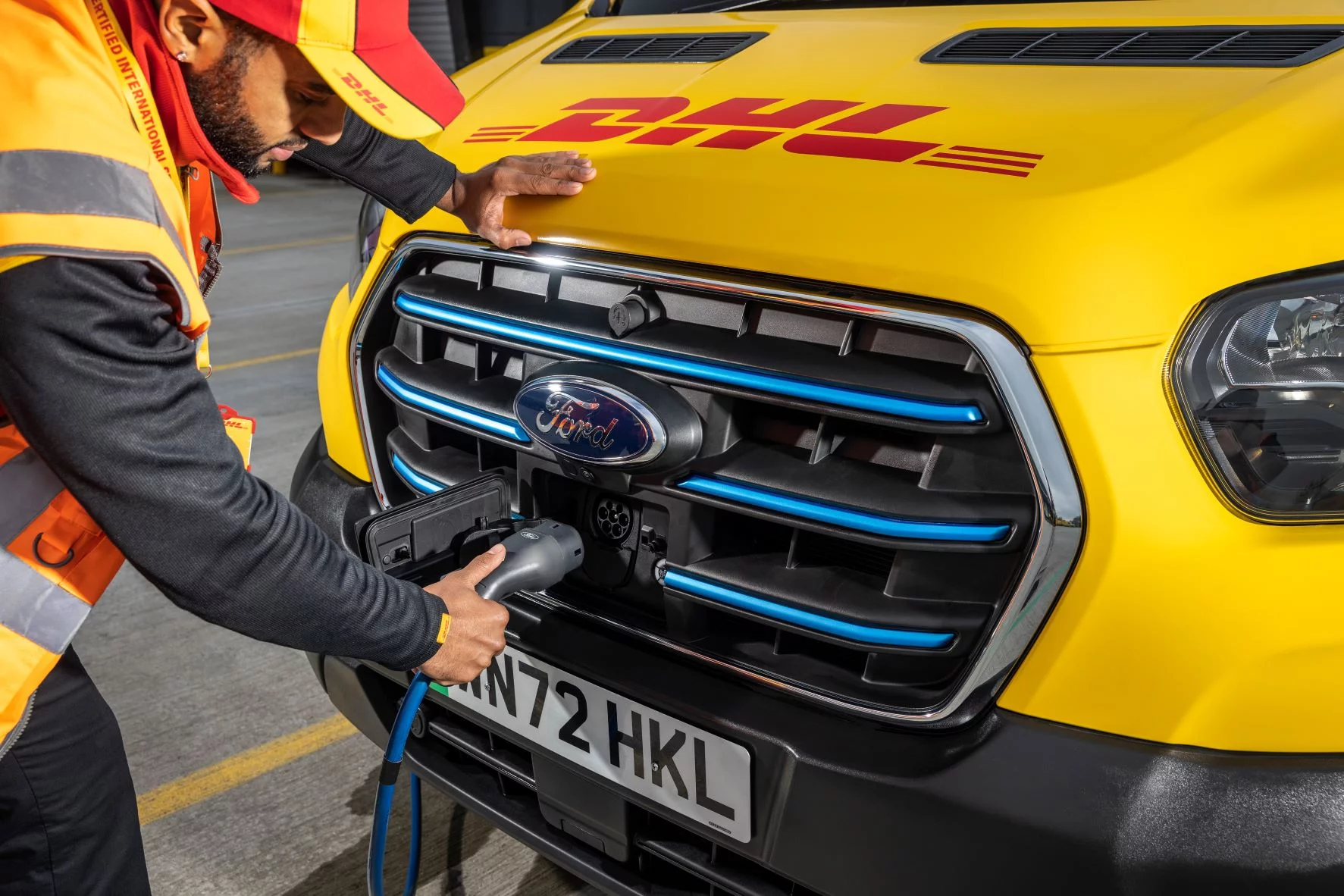UK business technology solutions integrator The Barcode Warehouse and The Algorithm People have partnered up to deliver their Transport and Logistics customers added value services and solutions, with an integrated approach to implementing route optimisation, efficiency, and decarbonisation strategies.
After identifying clear complementary services, the two businesses have joined forces to expand the market for The Algorithm People’s flagship ‘My Transport Planner’ software and providing a go-to hardware and Managed Services partner to its customers via The Barcode Warehouse.
The Barcode Warehouse, which has recently opened a multi-million-pound Innovation & Customer Experience Centre in the Midlands, had been searching the market for an industry-relevant decarbonisation solution to showcase within its new centre; and My Transport Planner stood out.
Kevan Mutton, MD at The Barcode Warehouse, commented: “It is important to us that our Innovation and customer experience centre has a focus on sustainability and decarbonisation. So, when we started working with The Algorithm People, the synergy was immediately obvious. We are pleased to be able to formally announce this partnership and now, proactively, and hands-on be able to support our customers on their decarbonisation journeys; helping them become more efficient and reduce fuel costs, especially at a time when the rising costs are hurting so many businesses.”
Route optimisation for peak efficiency
My Transport Planner is a route optimisation platform, that enables fleets to operate at peak efficiency, while also – reducing costs and carbon emissions. The Algorithm People’s My Transport Planner is built on a powerful suite of optimisation algorithms that are able to identify opportunities for introducing zero-emissions vehicles across an operation to assist transport and logistics organisations in planning and managing their roadmap to decarbonisation.
Colin Ferguson, CEO at The Algorithm People, added: “The Barcode Warehouse is an integral supplier to the transport and logistics sector, and we are delighted to have secured this partnership with the company. Our optimisation algorithms are able to release significant productivity improvements for customers and we are excited to integrate this with The Barcode Warehouse’ class-leading solutions.”
The Barcode Warehouse, which has been operating for 35 years, says it focuses on bringing together the best-in-class hardware, software, and services; to create tailormade solutions to address real business challenges. Both organisations stress the importance of ensuring hardware, software and services are considered when looking to technology to reduce fuel costs, improve efficiency and to decarbonise.




